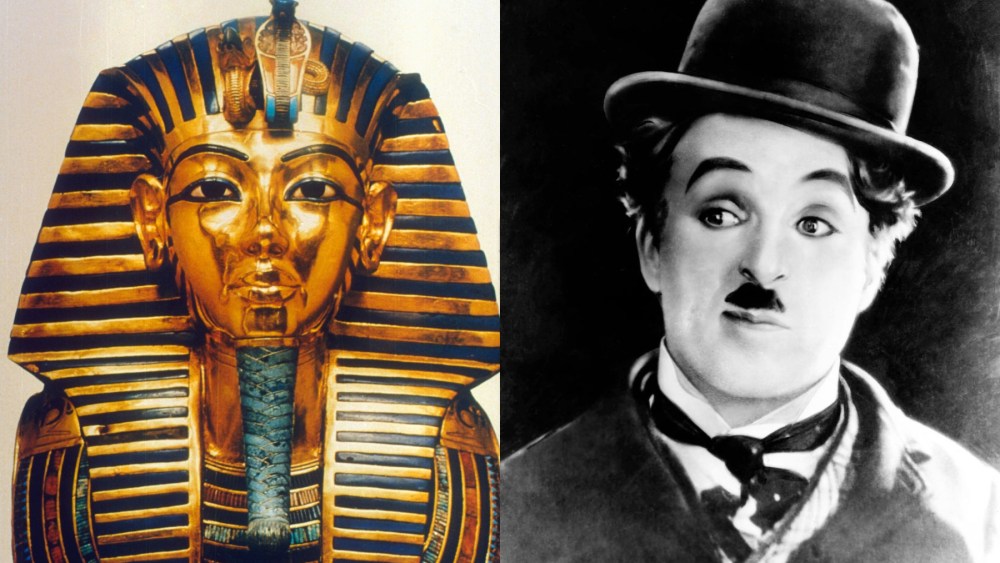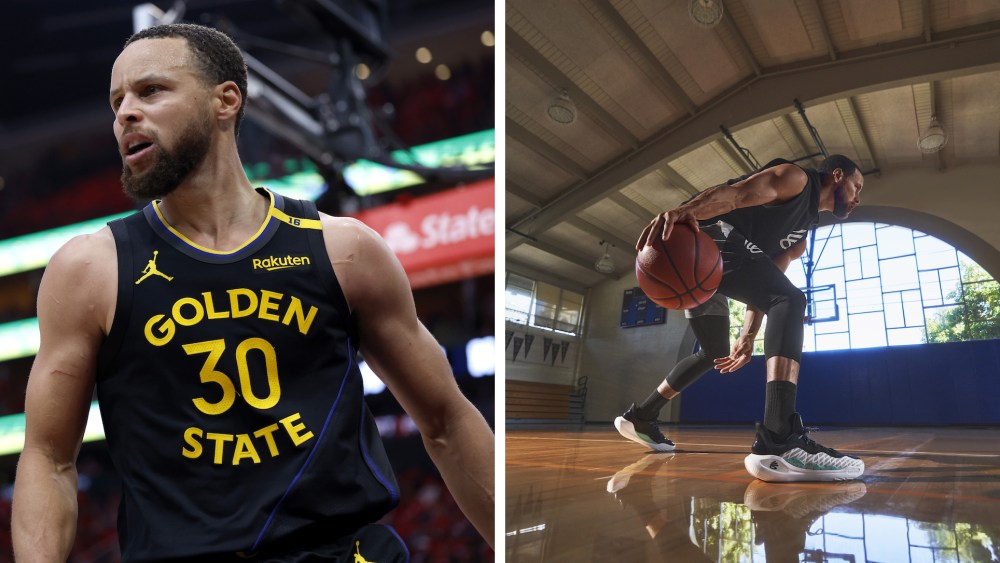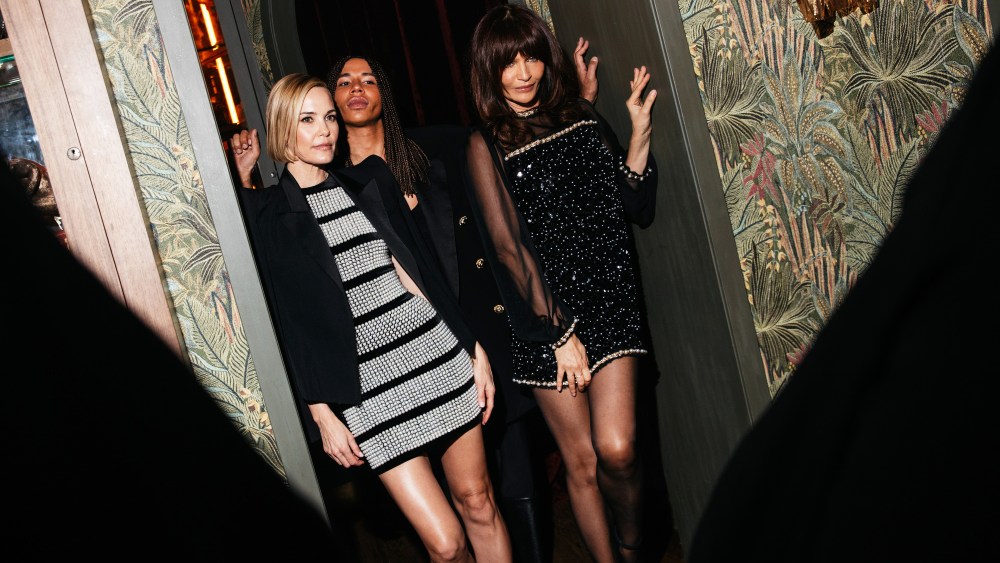Guyliner is nothing new: Egyptian pharaohs streaked their eyes with kohl thousands of years ago. Today, the trend is more closely associated with pop culture icons like Charlie Chaplin, Prince and Marilyn Manson, who are known for wearing eyeliner on stage and screen.
Now, it appears that Donald Trump’s running mate, J.D. Vance, has taken up the pencil: “I photographed him last week. Vance 100 percent does wear eyeliner,” photojournalist Zach D. Roberts wrote on X. Vance has yet to confirm the rumors.
You May Also Like
Some have poked fun at the Republican vice presidential candidate’s purported makeup routine, including “Saturday Night Live” alum Cecily Strong, who compared Vance to emo rockers like Panic! at the Disco’s Brendon Urie. “[Vance’s] rhetoric wants us to panic about immigrants but his eyeliner wants us to panic at the disco,” she said at a Comics for Kamala fundraiser on Monday.

Urie helped popularize the emo aesthetic of the 2000s, which thanks to Gen Z, is seeing a TikTok resurgence. Guyliner, however, long predates the advent of smart phones (and telecommunications altogether). Here’s how the makeup trend has evolved since ancient times.
Ancient Egypt

Men have worn eyeliner since the dawn of civilization — just take it from King Tut. Kohl, typically made from lead sulphide, had both fashionable and practical purposes: not only did it enhance the eyes, but it also deflected the harsh desert sun. According to ancient Egyptian theology, eyeliner protected wearers from evil spirits. Egyptians also believed that wearing kohl could prevent diseases by killing bacteria. In many artworks of the period, men and women of varying classes are depicted wearing eyeliner, though nobility had access to higher quality cosmetics.
Old Hollywood

Rooted in theatrical tradition, makeup made its way to the silver screen with help from early Hollywood stars like Charlie Chaplin and Rudolph Valentino. While portraying his iconic character the Tramp, Chaplin lined his eyes to achieve a cartoonish appearance.
Valentino, who was known as one of the era’s biggest heartthrobs, wore black eyeliner in films and promotional imagery. The actor’s effeminate appearance drew many critics, with his sexuality often a subject of tabloid speculation. Still, guyliner managed to outlive the silent era: Peter O’Toole in 1962’s “Lawrence of Arabia” and Johnny Depp’s Captain Jack Sparrow in “Pirates of the Caribbean” are just two modern examples of men wearing eyeliner on screen.
Rock ‘n’ Roll

Rock ‘n’ roll musicians were wearing guyliner as early as the 1950s, with Elvis Presley using it to make his blue eyes pop. His ex-wife, Priscilla Presley, said he picked up the technique from movie stars like Tony Curtis.
“Elvis said that the eyes are so expressive,” Priscilla Presley told Hallmark in 2020. “When he was young, he was an usher at one of the theaters in Memphis, and he would study all of the actors who had longevity. Tony Curtis taught him how to put a little black eyeliner, just a little bit, above his eye… [Elvis] loved eye makeup.”

In the 1970s and ’80s, rock stars like Mick Jagger, David Bowie and Prince popularized wearing eyeliner as part of their gender-bending aesthetics. Men who embraced feminine fashions and makeup often did so to make anti-establishment statements, though by the glam metal era — think Mötley Crüe, Poison and Twisted Sister — many of these androgynous trends, including guyliner, became mainstream.
Emo Revival

The rise of emo rock in the 2000s ushered in a new era of guyliner (the word itself was coined during the decade). Members of bands like Fall Out Boy, Panic! At the Disco and My Chemical Romance wore smudged, raccoon-eyed makeup both on and off stage.
With roots in punk and new wave, emo rock borrowed many of its aesthetics, including guyliner, from musicians like Marilyn Manson and The Cure’s Robert Smith, who helped pioneer the modern emo look.




